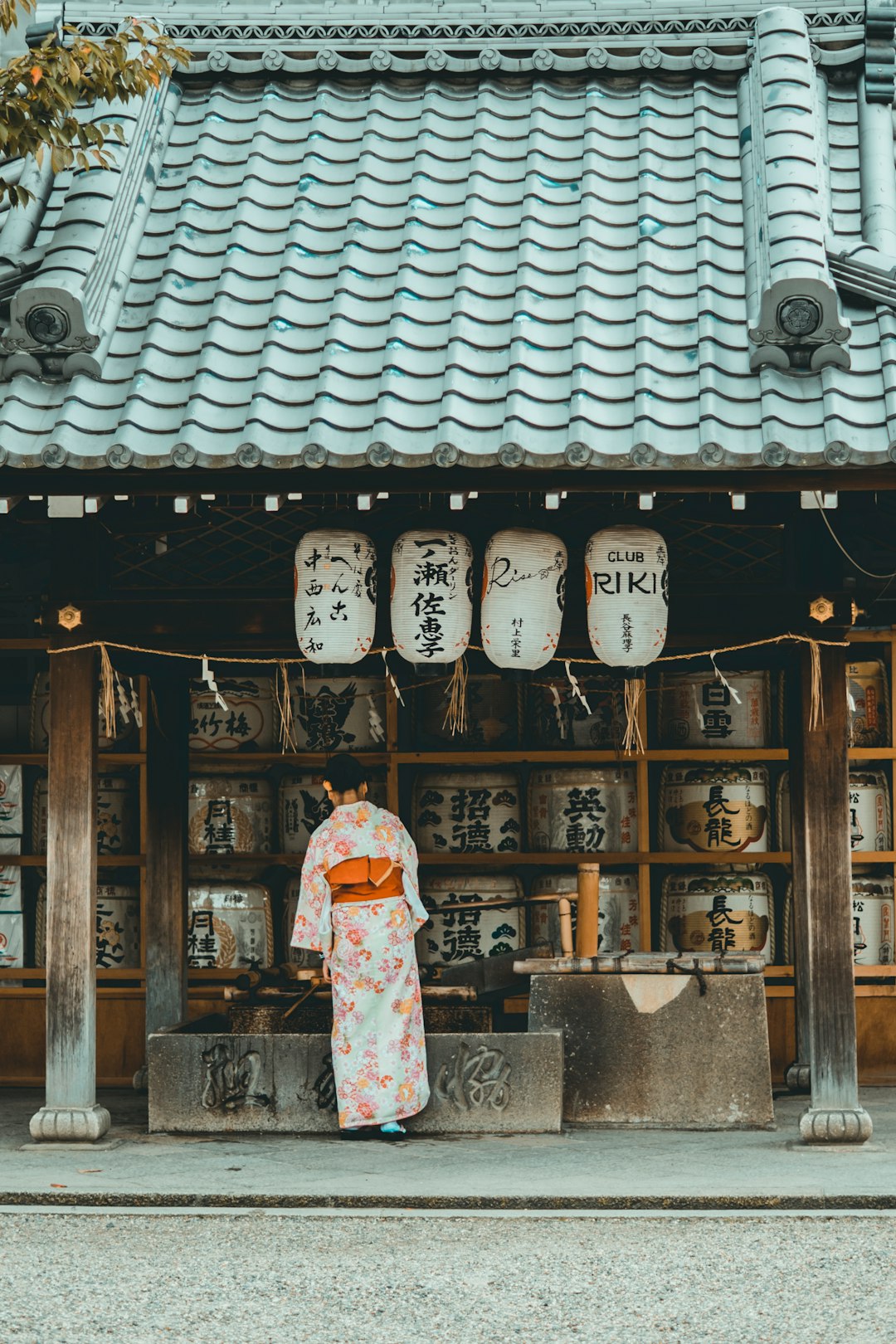Attending an opera performance can be a unique and enjoyable experience, but for those who are new to this art form, it can also be a bit intimidating. Like any other cultural event, there are certain etiquette guidelines that audience members are expected to follow. Understanding and adhering to these protocols can enhance your overall opera experience and show respect to performers and fellow attendees.
Dress Code
When attending an opera, it is customary to dress in formal or semi-formal attire. Men often wear suits or tuxedos, while women opt for elegant dresses or pantsuits. Avoid wearing casual or overly revealing clothing, as it may not be appropriate for the atmosphere of the opera house. Remember, dressing up adds to the sense of occasion and showcases respect for the opera as an art form.
Arrival and Seating
Arriving early is crucial when attending an opera. This allows you to find your seat and settle in before the performance begins. Latecomers can be disruptive, so try to avoid being late. Once inside the opera house, an usher will guide you to your seat. It is important to be courteous to other attendees by promptly taking your seat and avoiding unnecessary movements during the performance.
Applause and Intermissions
Applause is an essential part of opera etiquette as it shows appreciation for the performers’ talent and hard work. The appropriate times to applaud are after each act and at the end of the entire opera. During the performance, refrain from clapping, talking, or making noise that could distract the performers and fellow audience members.
Intermissions provide an opportunity to stretch your legs, visit the restroom, or enjoy refreshments. It is considerate to return to your seat promptly when the intermission ends, as latecomers can disrupt the flow of the performance.
Mobile Phones and Photography
To fully immerse yourself in the opera experience, it is essential to turn off or silence your mobile phone. The bright screens and ringing tones can be distracting to both performers and other attendees. Taking photographs or videos during a live opera is generally not allowed, as it can disrupt the performers and compromise copyright regulations. Instead, savor the moment and enjoy the live performance in its entirety.

Behavior and Etiquette
During an opera performance, it is crucial to maintain a respectful and appropriate demeanor. Avoid talking or whispering during the performance, as it can disturb those around you. Moreover, avoid excessive movement, such as crossing your legs or leaning forward, as it can distract both performers and fellow audience members.
Avoid eating, chewing gum, or drinking in the auditorium, as it can create noise and interfere with the acoustics. If you need to cough or sneeze, try to do so discreetly by covering your mouth with a handkerchief or coughing into your elbow. Maintaining proper hygiene and manners contributes to the overall experience for everyone attending.
Understanding and adhering to the etiquette of opera can enhance your experience and ensure that you and your fellow attendees have a memorable time. From dressing appropriately to showing respect for performers by adhering to the applause protocol, following these guidelines will allow you to fully immerse yourself in the beauty and grandeur of opera.